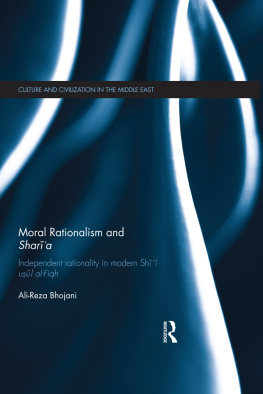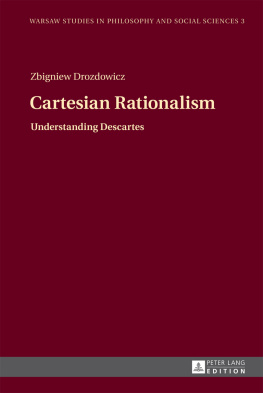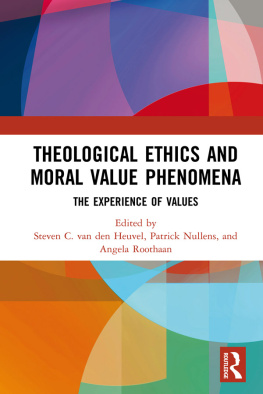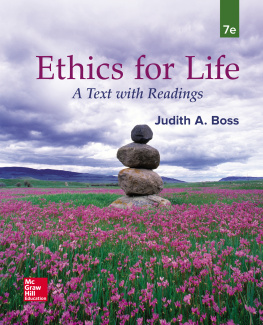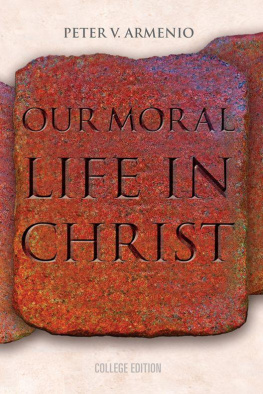First published 2015
by Routledge
2 Park Square, Milton Park, Abingdon, Oxon OX14 4RN
and by Routledge
711 Third Avenue, New York, NY 10017
Routledge is an imprint of the Taylor & Francis Group, an informa business
2015 Ali Reza Bhojani
The right of Ali Reza Bhojani to be identified as author of this work has been asserted by him in accordance with sections 77 and 78 of the Copyright, Designs and Patents Act 1988.
All rights reserved. No part of this book may be reprinted or reproduced or utilised in any form or by any electronic, mechanical, or other means, now known or hereafter invented, including photocopying and recording, or in any information storage or retrieval system, without permission in writing from the publishers.
Trademark notice: Product or corporate names may be trademarks or registered trademarks, and are used only for identification and explanation without intent to infringe.
British Library Cataloguing in Publication Data
A catalogue record for this book is available from the British Library
Library of Congress Cataloging in Publication Data
Bhojani, Ali Reza, author.
Moral rationalism and Sharia: independent rationality in modern Shii
usul alfiqh / Ali Reza Bhojani.
pages cm. (Culture and civilization in the Middle East)
1. Islamic lawInterpretation and construction. 2. ShiahDoctrines.
3. Rationalism. 4. RationalismMoral and ethical aspects. I.
Title. II. Title: Moral rationalism and Shariah.
KBP350.B46 2015
297.1'4dc23
ISBN: 9781138800267 (hbk)
ISBN: 9781315755564 (ebk)
Typeset in Times New Roman
by Wearset Ltd, Boldon, Tyne and Wear


This book is about the relationship between morality and Shara . Muslims believe in a God whose actions and regulative instructions are just and moral. Yet many Muslims are faced with a body of fiqh , the inferred regulations of Shara , that on occasion, or even often, seem to sit in tension with their conception of a just God and their common understanding of morality. Would a just God really want to threaten an individual choosing to follow his conscience in leaving Islam, as in the case of apostasy, with the penalty of death? Would a just God really want to restrict the right of a woman, who is being beaten and raped in marriage, from having the same access to divorce as her male counterpart? Can, and does, God command things that seem immoral according to the admittedly changing and diverse contemporary notions of morality? In more general terms, are there moral limits to Shara , and can we mere mortals understand these limits, such that morality becomes an independent source or qualification for the validity of that which is attributed to God?
Among the classical Muslim theologians there was a group that described themselves as Adliyya literally, the People of Justice. They described themselves in this way due to their belief that when God is described as just and moral, this is in a meaningful and understandable way. This theological position was built upon a fundamental moral rationalism that holds that we, mere mortals, can indeed understand that some things are morally good, and others are morally bad, independent of revelation. Accordingly, there are certain things that we know God cannot do: He cannot do injustice and He cannot command that which is unjust.
This theological position would remain largely a hermeneutical tool for understanding divine action, having little or no impact when it comes to understanding the regulation of human action. Yet in the Ul Sh tradition it did lead to the inclusion of al-aql , or rationality, as a theoretically independent source of Shara alongside the textual evidence of the Qurn and the Sunna. The discussions about the nature of morality through which the potential role of al-aql as an independent source arose were framed through contrasting that which is known through transmitted or revealed sources ( al-sam or al-shar ) with that which might be known by humans without reference to these external sources. In its very broadest sense then, al-aql refers to the non-transmitted or non-revealed means of human understanding. In this context the rational is that which is known without recourse to scripture, or revelation. With the fundamental acceptance in Sh theology of the potential in rationality to independently understand moral values, modern Sh legal theory adopts jurisprudential resources that suggest rational morality is an independent source of Shara , and a qualification for the validity of any regulations attributed to a just and moral God.
The potential implications for the reading of Shara offered through this Adliyya heritage are far-reaching. It offers a framework that distances itself from the legal positivism seen in so much contemporary Shara discourse, which is visibly preoccupied with issues of formal validity, even when at the cost of morality a phenomenon seen quite vividly in the practice of Islamic banking and finance. The Adliyya heritage offers a basis for the exploration of Muslim philosophical foundations for the discourse of human rights, foundations that may allow for both critical engagement with as well as contribution to the direction of a discourse undeniably shaped thus far through its Eurocentric and Christian theological formations. An Adliyya reading of Shara offers a hermeneutic whereby suitably qualified judgements of rational morality can act as a trump to the interpretation of texts dealing with contested Muslim responses to issues such as apostasy and womens rights. In fact, the implications of an Adliyya reading of Shara impact the entire regulative range of concerns across the domain of Shara in the contemporary world: the personal and the public, the local and the international. However, this is not a book whose immediate concern is alternative readings of Shara with regard to any of the above, all of which deserve separate consideration. Instead, the concerns here are theoretical, for we see that despite its moral rationalism, there is little or no distinction between the normative thinking of modern Sh thought and the normative thinking of other schools of Shara scholarship in all of the aforementioned instances. In its response to contemporary challenges, rational morality seems as irrelevant to the interpretation of Shara in Sh thought as it does in any other tradition of Muslim scholarship.
In this study I explain the theoretical reasons that give rise to this tension, and identify internal resources to overcome them. Through a close reading of modern works of Sh ul al-fiqh , I explain why the Adliyya heritage of moral rationalism and a just God does not seem to have significantly shaped the modern Sh response to contemporary challenges. The purely epistemic obstacles identified are then revisited with a view to demonstrating the scope for allowing a reading of Shara that is consistent with the fundamental theological moral rationalism of Sh thought. It is argued that judgements of rational morality, even when not definitively certain, cannot be ignored in the face of the apparent meaning of texts that are themselves also not certain. This sets the ground for a reading of Shara in which texts that may be read to suggest that an apostate should be put to death, or that women have an unequal right to divorce, cannot be relied upon in the inference of Shara without considering any potentially conflicting judgements of rational morality. A move towards an Adliyya reading of Shara demands that the strength of independent judgements of rational morality be reconciled with the strength of any other apparently conflicting evidence, such that independent judgements of rational morality act as a substantive condition for the validity of precepts attributed to a God who is just in His actions and in His regulative instructions.

